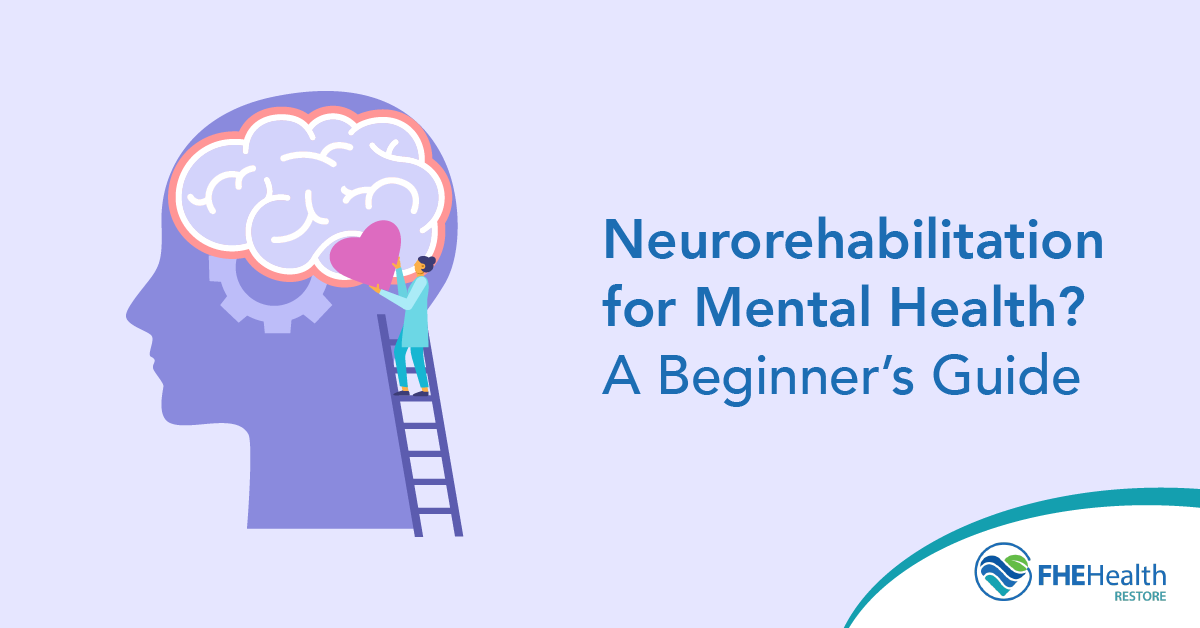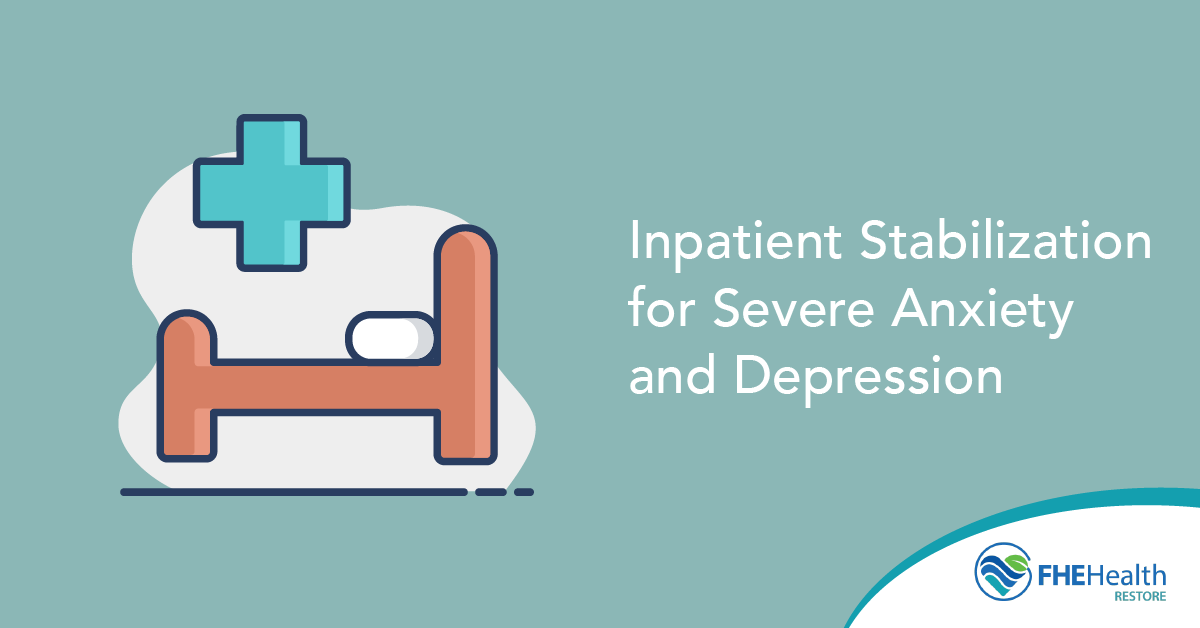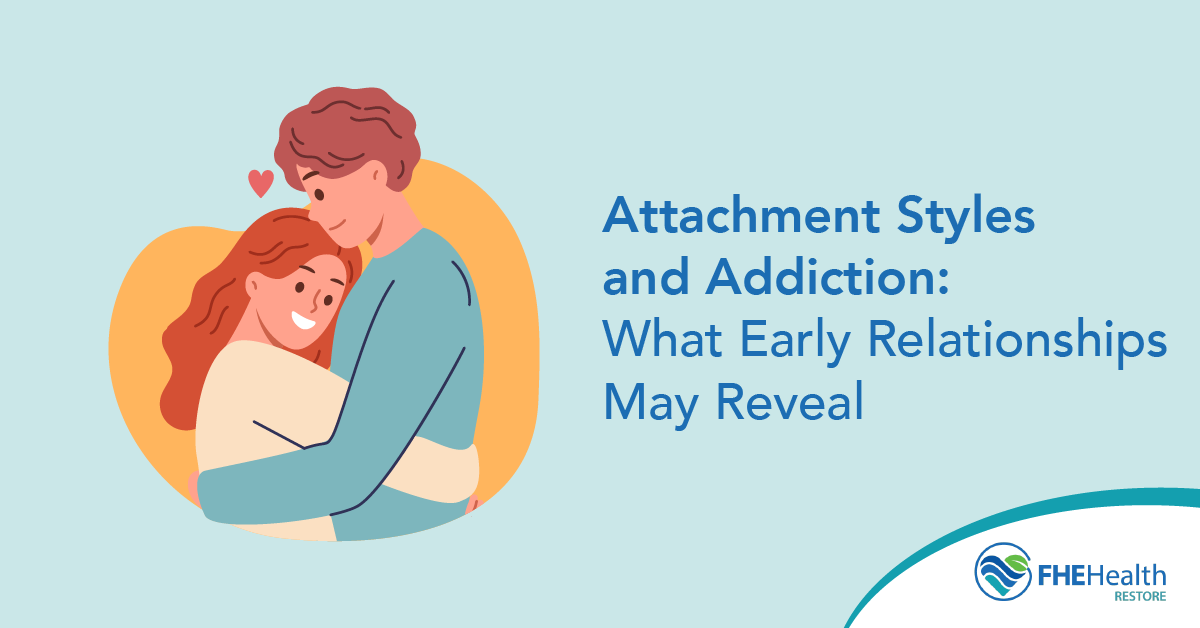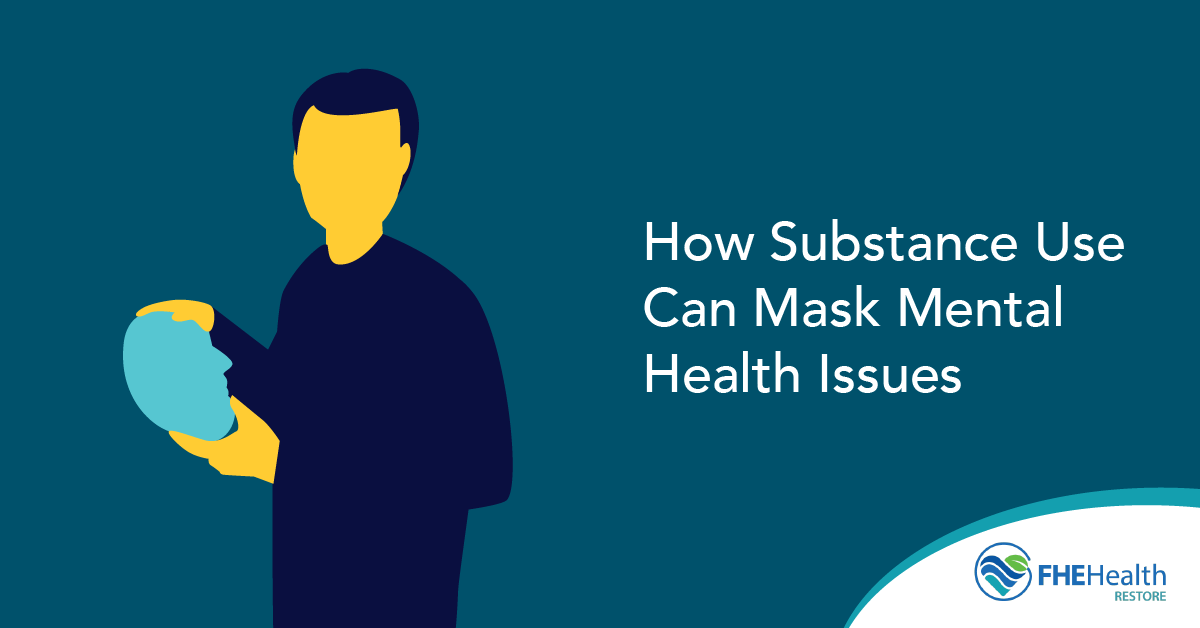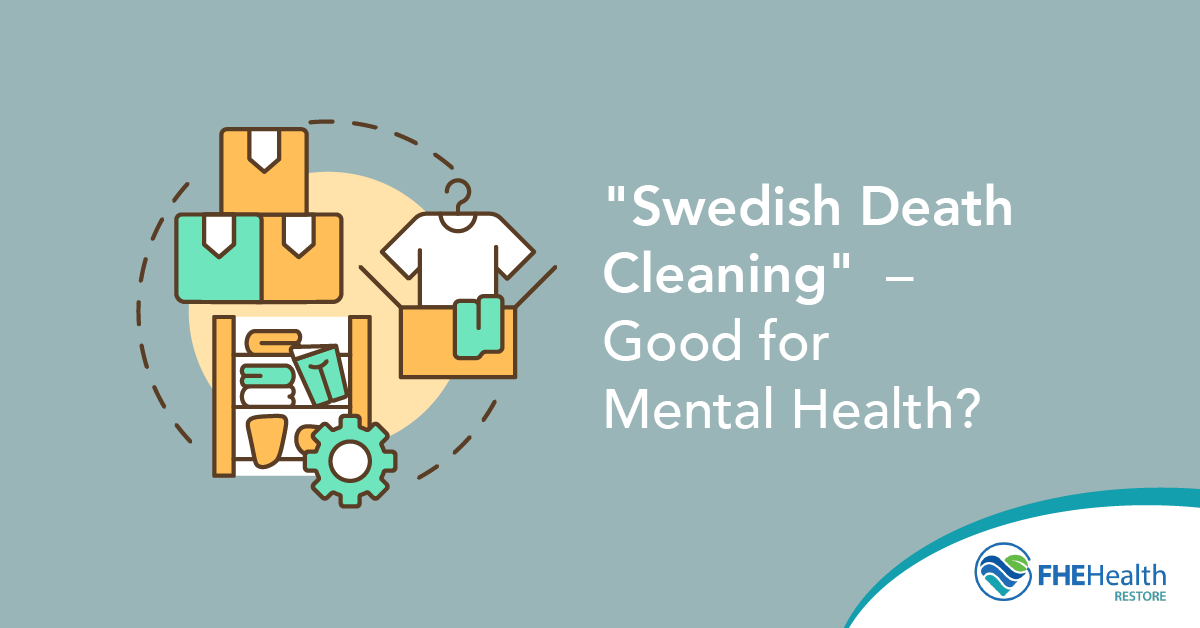Neurorehabilitation is a technique used to help people with mental health conditions retrain their brains to cope with these challenges. Neurological rehabilitation is a safe and noninvasive treatment used to reduce symptoms of depression, anxiety, post-traumatic stress disorder and substance addiction. The term neurorehabilitation encompasses a range of techniques used by therapists, including brain mapping, […]
Author Archives: Restore Mental Health
With 36% of young adults suffering from anxiety in 2022, generalized anxiety disorder (GAD) is increasingly common. Despite this, you might still feel like you have to conquer your anxiety alone. Inpatient depression treatment could seem a little intimidating, but for many people, 24-7 care is the key to getting their lives back on track. […]
It’s common for people to repeat the same patterns of behavior during early relationships. Some people become clingy, others are prone to jealousy and some might withdraw when they feel a relationship is becoming too close. These behaviors are often described as attachment styles, and naming the styles can help people recognize their behaviors and […]
Escitalopram is a selective serotonin reuptake inhibitor (SSRI) antidepressant known by the brand name Lexapro. Because of Lexapro’s safety and effectiveness in relieving symptoms and elevating a patient’s mood, it’s one of the most commonly prescribed drugs for treating depression and anxiety. With depression rates in the United States rising 60% in the past decade, […]
Reaching for drugs or alcohol when you’re feeling tired, depressed or anxious is a common reaction for some individuals. It provides a few moments of relief, but it doesn’t address the root of the problem, and substance use can make the situation worse. This temporary fix also prevents you from recognizing the real emotional pain […]
When asked about the meaning of success, most people give an answer that centers on achieving goals. If you get to the goal and stick with it, you succeed. Anything else, by that definition, isn’t success. And the opposite of success is failure. This type of thinking, however, can negatively impact the recovery journey, where […]
Jimmy Fallon is a world-renowned actor, comedian, writer and television host. He skyrocketed to fame with his role as a cast member on Saturday Night Live. After years on the show, he became a late-night talk show host. In 2025, headlines started circulating about Jimmy Fallon’s mental health. The TV host opened up about a […]
It can be very difficult to break the pattern of addiction. It requires a lot of determination and willpower. Fortunately, for those who choose treatment, the inpatient rehab effectiveness rate is around 75% . If you’ve ever considered seeking help, this article explains the benefits of inpatient treatment and the steps involved and helps you […]
Pilot mental health is something that comes into the spotlight whenever there’s an aviation accident. The Federal Aviation Administration (FAA) places strict requirements on pilots and other aviation professionals to ensure they’re fit to fly. As a result of these requirements, an estimated 5,000 pilots are thought to be hiding mental health difficulties. In this […]
With Americans stressing over packed closets, garages and storage units across the country, could döstädning, or Swedish death cleaning, be the answer? This unique ritual encourages each person to sort through, minimize, and allocate belongings to spare families after a loved one passes away. Considerate and pragmatic, this so-called death cleaning embraces letting go of […]


